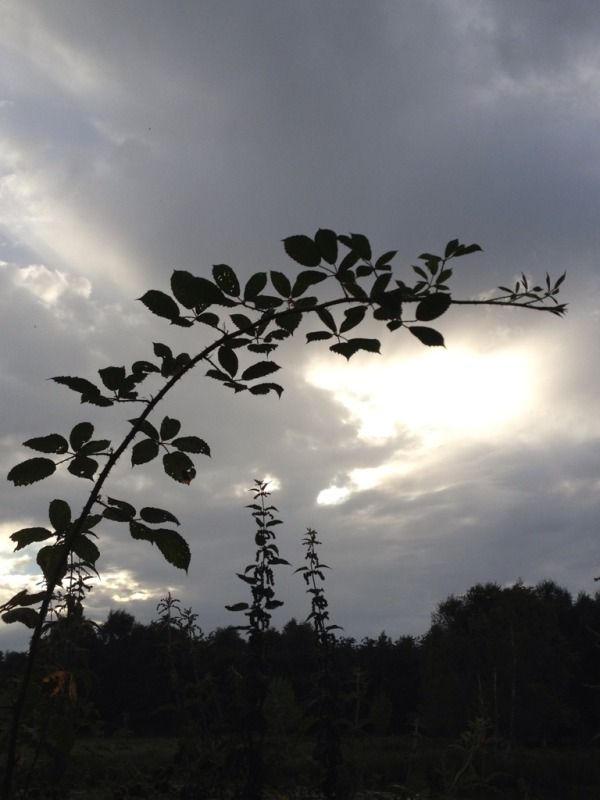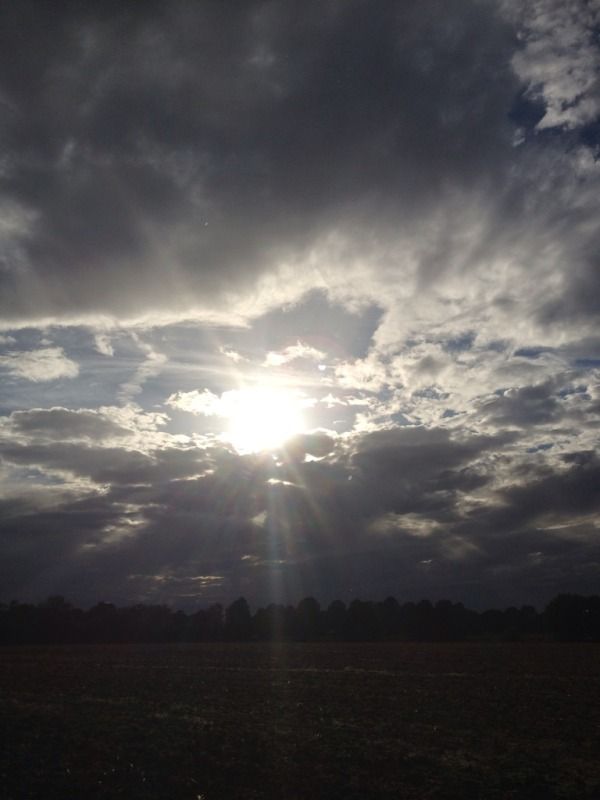in the heart of the
bramble briar, it’s always
dark full of secrets
the thicket immune
to the sun demolishing
the scowling cloud walls
a body concealed
her one true love scratched and bled
by welcoming thorns

photo’s I took on the moor

Three Haikus today, aren’t you lucky…. we partook in one of our normal walks and headed off to the Pond on Flitton Moor. On the edge of it is quite a dense patch of thick briar, bristling with thorny bramble as well as other tough hardy plants. It’s dark and sheltered there, whatever the weather. It oozes night even when the sun is in full roar. It’s a shady spot, dank and damp. Almost sinister.
It reminded me of an old folk song, a murder ballad. It has three names (Bruton Town, The Merchant’s Daughter and The Bramble Briar) and variations on the lyrics, but I think my favourite is by Martin Simpson (I can’t find it on youtube, but here it is on Spotify).
It is such a sad tale, a girl falls in love with one of her father’s servants, her brothers then secretly murder him as they feel him not good enough for her. They dump his body in a ditch filled with brambles, but his ghost visits her and she sets out and finds his body and the truth. Upon discovering him, the grief stricken girl goes back and meets her brothers “stand off, stand off! you bloody butchers!” but it seems from the lyrics she will ultimately kill herself too, in her grief. “My love and I, you have both slain”.
So next time someone writes off folk music, think of the murder ballads, they are dark, bloody, graphic and tragic.
The Bramble Briar has a powerful narrative, it’s tragic and has no happy ending, it’s not fair. Sometimes life is like that.
The Bramble Briar (traditional, from Martin Simpson’s version)
In Bruton town there lived a farmer,
Who had two sons and a daughter dear.
By day and night they were contriving
To fill their parents' heart with fear.
He told his secrets to no other,
Unto his brother this he said
'I think our servant courts our sister.
I think they has a great mind to wed.
I'll put an end to all their courtship.
I'll send him silent to his grave.'
They asked him to go out a-hunting,
Without any fear or strife,
And these two bold and wicked villains,
They took away this young man's life.
And in the ditch there was no water,
Where only bush and briars grew.
They could not hide the blood of slaughter,
So in the ditch his body they threw.
When they returned home from hunting,
She's asking for her servant-man.
"I ask because I see you whisper,
Brothers tell me if you can."
"O sister, sister, you do offend me,
Because you so examine me.
We've lost him where we've been a-hunting.
No more of him we could not see."
As she lay dreaming on her pillow,
She thought she saw her heart's delight;
By her bed side as she lay weeping,
He was dressed all in his bloody coat.
"Don't weep for me, my dearest jewel,
Don't weep for me nor care nor pine,
For your two brothers killed me cruel-
In such a place you may me find."
She early rose the very next morning,
With a heavy sigh and a bitter groan,
The only love that she admired,
She found in the ditch where he was thrown.
The blood upon his lips was drying.
Her tears were salt as any brine.
She sometimes kissed him, sometimes crying:
'Here lies the dearest friend of mine.'
Three days and nights she did sit by him,
'Till her poor heart was filled with woe,
And cruel hunger crept upon her,
And home she was obliged to go.
Sister, sister, why do you whisper,
And won't you tell me where you've been?
Stand off! Stand off, you bloody butchers!
My love and I, you have both slain.
No comments:
Post a Comment